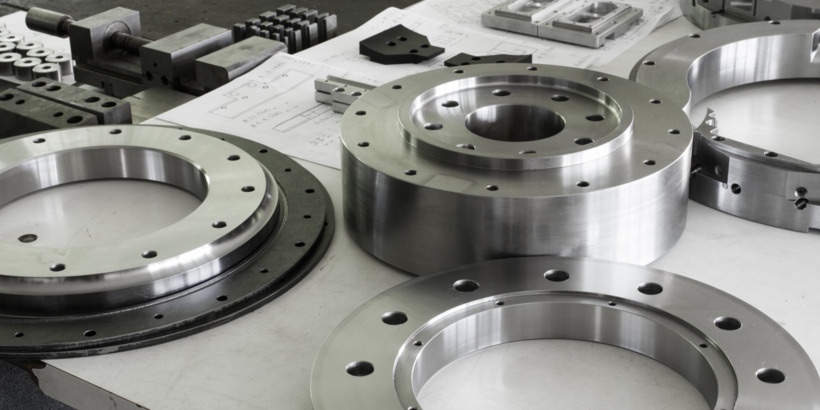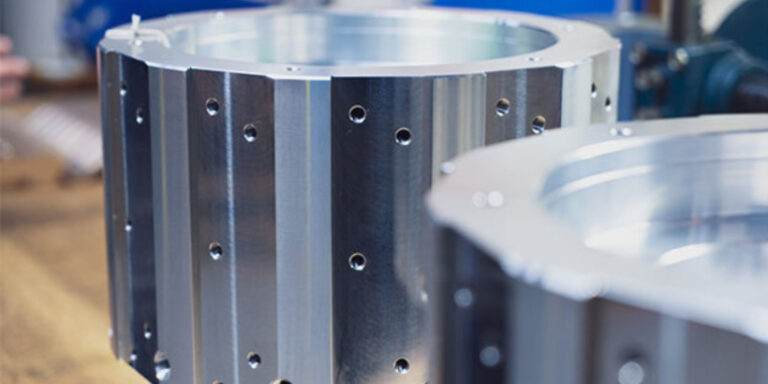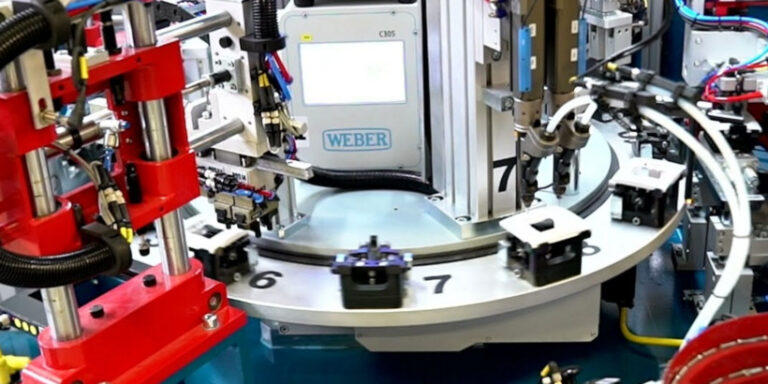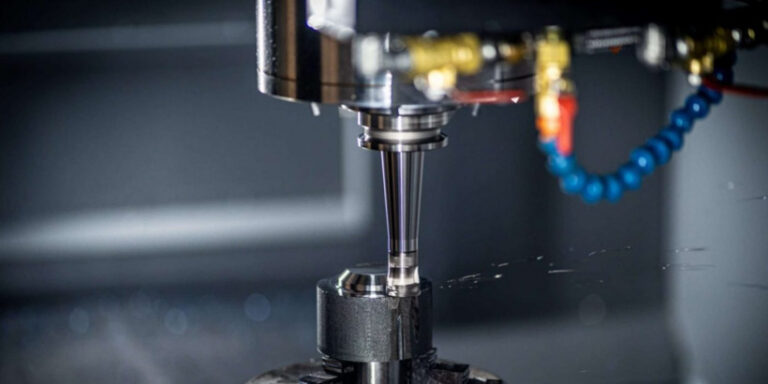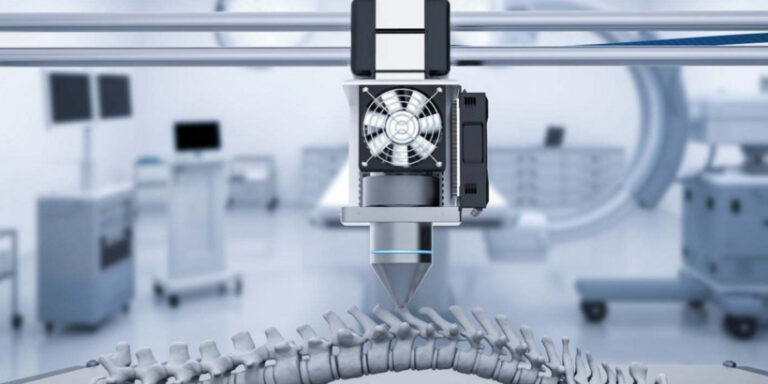5 Reasons Why Lean Manufacturing Is The Key To Success
Hey there! If you’re looking to improve your business operations and achieve success, then lean manufacturing might be the answer. Lean manufacturing is a systematic approach that focuses on eliminating waste and maximizing value for customers.
It’s been around for several decades now, but its popularity has only grown in recent years due to its effectiveness. In this article, we’ll explore five reasons why lean manufacturing can help businesses of all sizes succeed.
We’ll look at how it reduces costs, improves quality, enhances efficiency, increases customer satisfaction, and fosters innovation. So if you want to learn more about how lean manufacturing can benefit your business, keep reading!
Cost Reduction
Reducing costs in any business is crucial to its survival and growth. One of the most effective ways of achieving this goal is by implementing lean manufacturing principles.
By reducing waste, businesses can cut down on unnecessary expenses while enhancing clarity in their operations. Lean manufacturing allows companies to identify areas where they are wasting time, money, or resources and eliminate them altogether.
This not only results in cost savings but also improves overall efficiency, leading to increased productivity and profitability. With lean manufacturing techniques, businesses can streamline their processes, reduce lead times, ensure quality control, and improve customer satisfaction without compromising on safety or ethical standards.
Improved Quality
I’m excited to discuss how lean manufacturing can help improve quality by reducing defects and increasing efficiency. Let’s explore how lean manufacturing techniques can lead to tangible results in these areas.
Reduced Defects
When it comes to talking about the benefits of lean manufacturing, reduced defects is definitely a standout.
This concept basically means that by implementing lean principles into your production process, you can minimize the risk of producing faulty products or goods with errors.
By doing so, not only are you reducing the number of returns and complaints from customers, but also minimizing waste which ultimately translates to saving time and money.
It’s important that every manufacturer understands this point because in today’s competitive business environment, quality is key.
Therefore, companies should make sure they have measures in place to avoid wasting resources while ensuring high-quality standards at all times.
Increased Efficiency
Now, let’s move on to another important benefit of lean manufacturing – increased efficiency.
By reducing waste and streamlining processes, lean principles can also lead to an increase in speed and productivity.
This means that manufacturers can produce more goods in a shorter amount of time without sacrificing quality.
In today’s fast-paced business world, being able to meet demand quickly is crucial for success.
With lean practices in place, companies can achieve both improved quality and increased efficiency simultaneously.
Increased Efficiency
When it comes to manufacturing, efficiency is key. And that’s exactly what lean manufacturing provides: increased speed and reduced waste.
By eliminating unnecessary steps in the production process, you can save time and resources while still producing high-quality products. Not only does this lead to happier customers, but it also means more profits for your business.
Plus, by streamlining operations and reducing waste, you’re helping to create a more sustainable future for everyone. So if you want to stay ahead of the competition and achieve long-term success, adopting a lean manufacturing approach is essential.
Customer Satisfaction
When it comes to customer satisfaction, lean manufacturing is the key.
By implementing a lean approach, you can ensure that your products and services meet or exceed customer expectations.
One way to guarantee this is through robustness testing, which involves subjecting your products to various stresses and conditions in order to identify any weaknesses or potential areas for improvement.
Another factor that plays a significant role in customer satisfaction is production scheduling.
With lean manufacturing, you can optimize your production processes so that you are able to deliver products on time and with minimal waste.
This not only ensures that customers receive their orders promptly but also reduces costs associated with excess inventory.
Ultimately, by adopting lean manufacturing principles such as these, you demonstrate a commitment to quality and efficiency that sets you apart from competitors.
Customers notice when companies prioritize their needs, and they are more likely to remain loyal over the long term as a result.
So if you want to build a successful business while keeping your customers happy, there’s no better place to start than with lean manufacturing practices.
Innovation
As we discussed in the previous section, customer satisfaction is paramount to any successful business. However, it is not enough to simply satisfy your customers – you must also innovate and improve constantly to stay ahead of the competition.
This is where lean manufacturing comes in. By embracing a data-driven approach, implementing process automation, investing in skill development for employees, managing time effectively, and executing strategic planning, companies can create an environment that fosters innovation and continuous improvement.
With these tools at their disposal, businesses can identify areas for improvement and implement changes quickly and efficiently. Lean manufacturing enables organizations to be agile and responsive to changing market demands while maintaining high levels of quality and efficiency.
By prioritizing these principles, companies can set themselves up for long-term success in today’s fast-paced economy without sacrificing customer satisfaction or employee morale.
Streamlining Processes
I think reducing waste is one of the most important aspects of streamlining processes. Automating tasks can save a lot of time and energy, which can be used to focus on other areas of improvement. Improving efficiency is a great way to get the most out of the resources available, and lean manufacturing can help make that happen.
Reducing Waste
Hey there! Let’s talk about how lean manufacturing can help reduce waste in our processes.
One of the biggest advantages of implementing lean strategies is the time-saving aspect it provides. By analyzing data-driven metrics, we can identify areas where we’re using more resources than necessary or spending too much time on non-value-added tasks. From there, we can streamline our processes to eliminate unnecessary steps and improve efficiency.
This not only helps us save time but also reduces costs associated with wasted materials and energy consumption. So if you want to boost productivity and profitability, reducing waste through lean manufacturing could be the key to your success!
Automating Tasks
Now, let’s talk about another way to streamline processes through automating tasks.
By leveraging technology and automation, we can save even more time and optimize our workflows for increased efficiency.
Instead of manually completing repetitive or mundane tasks, such as data entry or scheduling appointments, we can use software or machines to handle those responsibilities.
This frees up valuable time that can be better spent on higher-level activities that add more value to the business.
With time savings being a key factor in process optimization, automating tasks is definitely worth considering!
Improving Efficiency
Now, let’s take a closer look at how streamlining processes can lead to improving efficiency.
As someone who values time and productivity, I know firsthand that reducing waste and minimizing costs are two of the most important factors in any business operation.
By optimizing our workflows through automation and other process improvements, we can accomplish both goals while also increasing overall efficiency.
Whether it’s by eliminating unnecessary steps or finding more efficient ways to complete existing ones, there are always opportunities for improvement when it comes to streamlining processes.
So if you’re looking to boost your team’s output without sacrificing quality or burning out employees, focusing on process optimization is definitely worth considering!
Improved Employee Engagement
When it comes to success in lean manufacturing, employee engagement is a key factor.
By involving employees in the process of identifying and implementing improvements, companies can tap into their valuable insights and experience to create better processes and products.
This not only drives innovation, but also fosters a sense of ownership among workers which leads to greater job satisfaction and talent retention.
In fact, when employees feel engaged and invested in their work, they are more likely to stay with the company long-term because they have a sense of job security.
To improve employee engagement through lean practices, companies should prioritize communication, provide opportunities for growth and development, and recognize and reward hard work.
By doing so, businesses can create a culture of continuous improvement where everyone feels valued and motivated to contribute their best work every day.
Conclusion
In conclusion, it is evident that lean manufacturing is the key to success for any business. As someone who has experienced the benefits first-hand, I strongly believe that implementing a lean approach has helped our company in multiple ways.
Firstly, cost reduction plays a crucial role in increasing profitability and sustainability. Lean principles promote waste elimination and efficiency improvement, which ultimately leads to significant savings over time.
Secondly, improved quality ensures customer satisfaction and loyalty. By focusing on continuous improvement and defect prevention, we have been able to produce high-quality products consistently.
Lastly, innovation is essential for staying competitive in today’s ever-changing market. Lean manufacturing encourages experimentation and creative problem-solving, which helps us stay ahead of the curve.
Using repetition as a rhetorical device emphasizes my point about the importance of these three factors – cost reduction, improved quality and innovation- in achieving success through lean manufacturing.
Overall, adopting a lean approach can help businesses streamline processes, engage employees better while providing customers with exceptional value.
